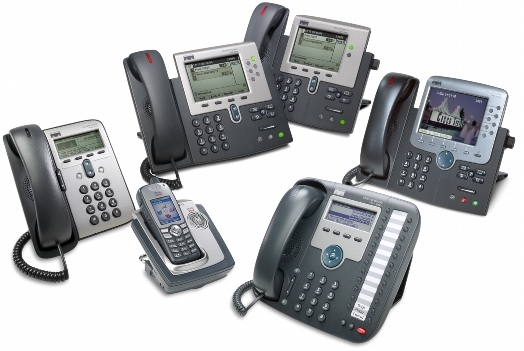When a potential customer calls your business often the first impression they have is via a phone greeting. If there is a live human receptionist that answers, chances are that the call at some place will be placed on hold. Are you using this captive audience to create a professional image of your company?
Many small businesses neglect this part of their marketing campaign believing that a basic recording by an employee will suffice.
The fact is a majority of potential customers and clients will subconsciously be visualising your company and premises by audio they hear whilst on-hold. With a professionally recorded on-hold voice over message that features promotional information about your company, you can determine what your callers hear and enhance your company’s image.
Even existing customers may not be aware of the entire range of products or services that you offer. This is the perfect way to let them know.
It’s important to change the voice recording regularly, and make sure all information contained in the scripts is up to date.
Here’s some interesting and different ways you can utilise your phone on-hold messages:
- List some facts about your company. How did it start? How many employees are there?
- Give details about what your company is doing for charities in the local community
- Describe how you can save your customers money by using your service
- List your opening hours. Give details on holiday operating hours
- Give exclusive discounts when customers mention specials they heard on-hold.
In short, give them a reason to listen and stay on the line.
A customer that hangs up is a customer lost.
Utilising a professional voice talent to represent your company is not as expensive as you might think. There’s no need to get caught up in lengthy contracts, you can simply pay each time you need an update. You can sound as big as multi-national companies for less than $200 by using online casting websites.
A good generic on-hold message and phone greeting should last a number of years, bringing the cost down substantially when you divide the cost by, say 24 months.
It’s one of the cheapest ways a small business can sound like the ‘big boys’.
